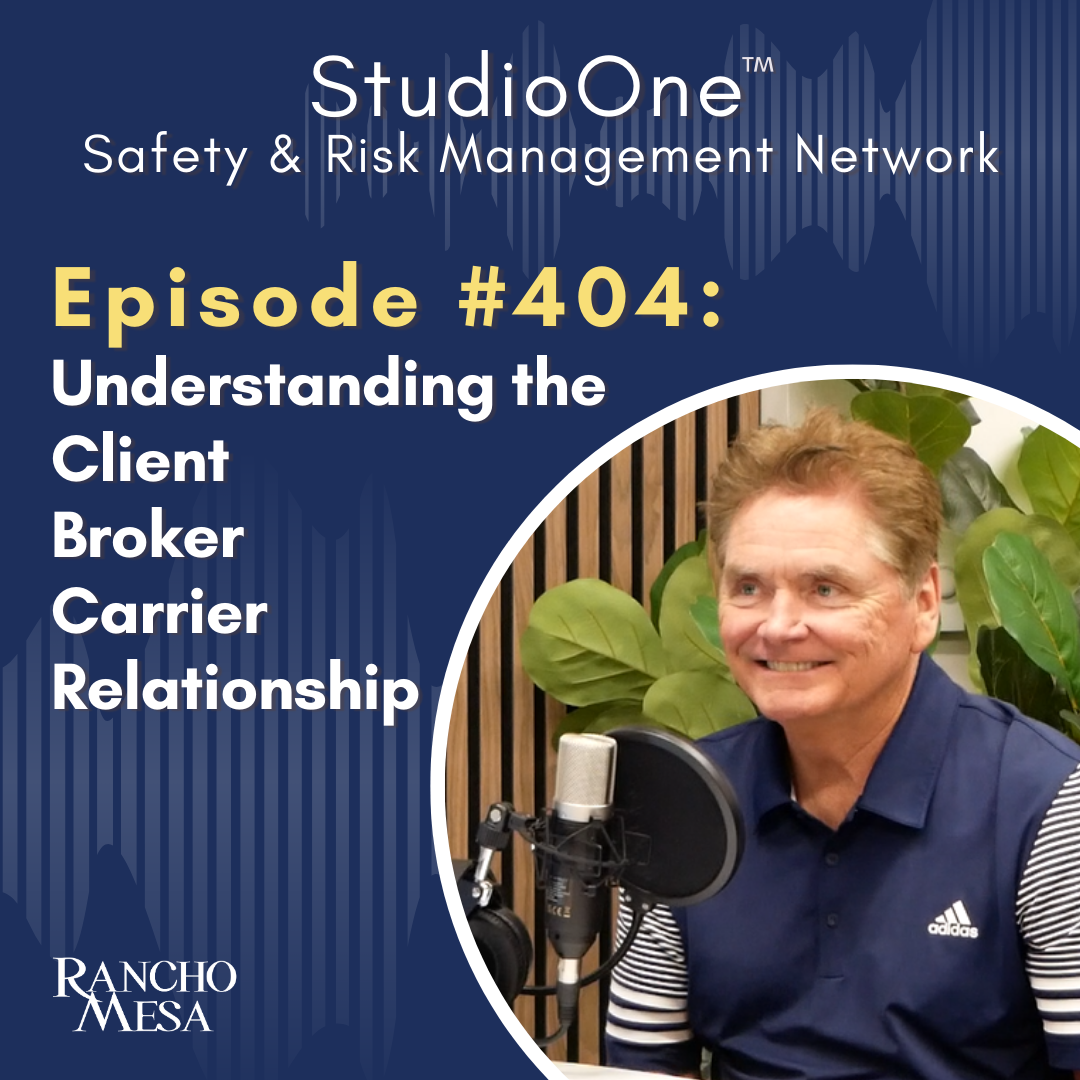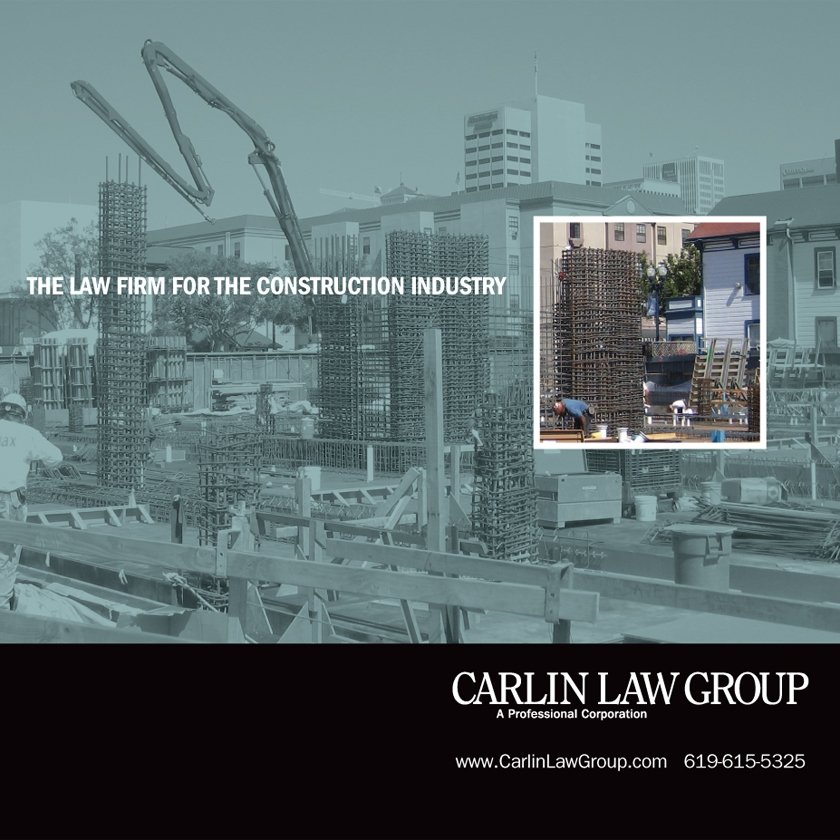
About / Our Team / Matt Gaynor

Phone: (619) 937-0165
Dean Schumacher, Vice President of Business Development, Watkins Landmark Construction
"With so many things to worry on bid day, it's nice I don't have to worry about our bid and performance bonds. Matt and the Rancho Mesa Bond Dept. are true professionals and always go above and beyond for us."
Josh Flud, President, Bull Fence, Inc.
"In business it's important to find people you can count on. You can always count on Matt, Kathy, and the bond department at Rancho Mesa."
Rick Kail, Controller, Ickler Electric
"Matt worked tirelessly with us to expand our bonding capacity on a late $4 million change order for our ViaSat project. He juggled dealing with our owner, project manager, general contractor and the bonding company to resolve all the requirements and issues. Big thanks to Matt for his help."
Matt Gaynor
Director, Surety
Matt has over 30 years of experience supporting his client’s with Construction and Commercial Bonding Solutions.
Experience
Surety Account Executive, April 2011 - Present
Rancho Mesa Insurance Services, Inc.
Surety
Reliance Insurance Company, May 1986
Education
Bachelor of Science, Finance, 1982
LaSalle University, Philadelphia, PA
Associations & Organizations
Surety Association of San Diego
Scripps Rancho Old Pros
St. Gregory the Great Church, Parish Stewardship Council Member
About
Matt has been married to Donna for 32+ years and has two daughters, Danielle and Michelle. Matt enjoys golf and other sports.
Podcast
















































